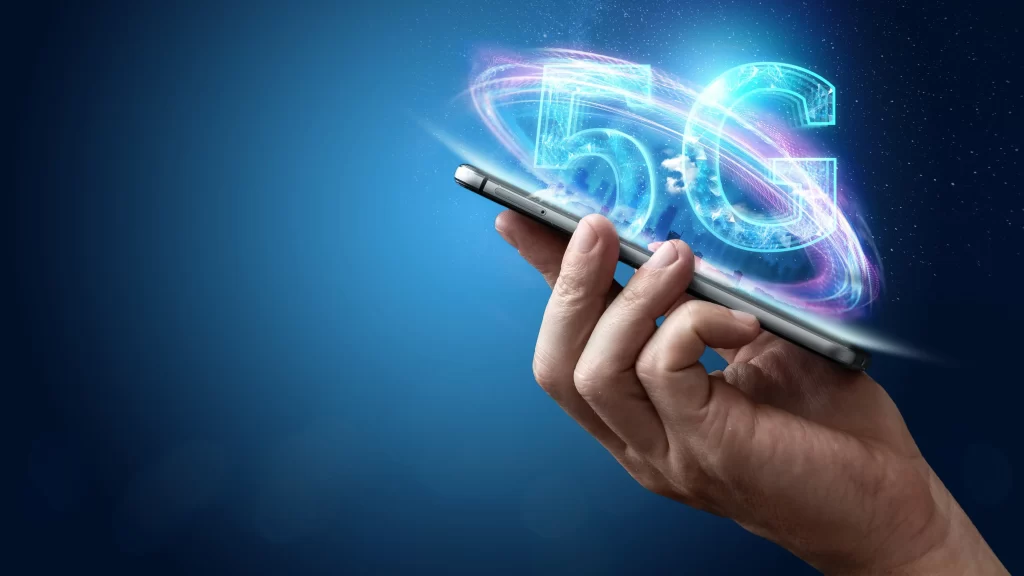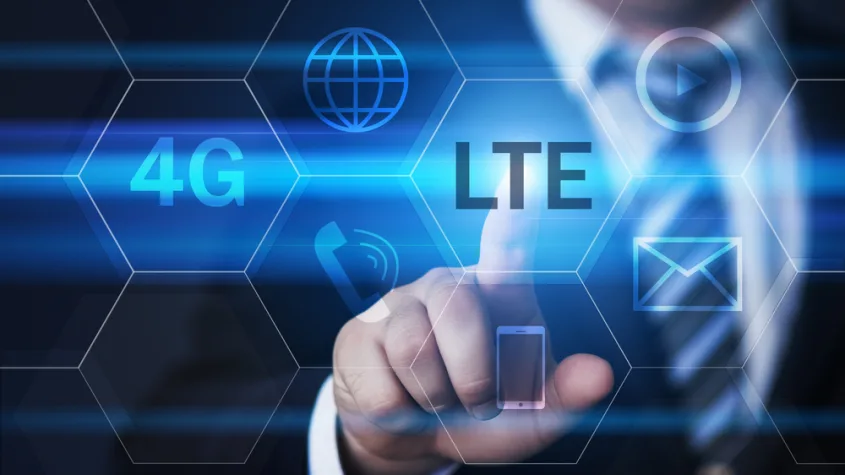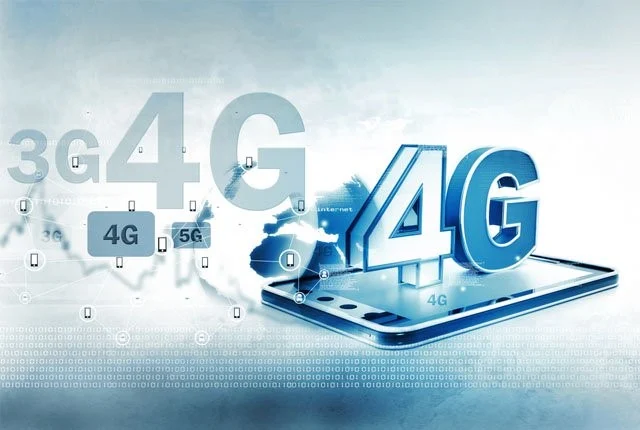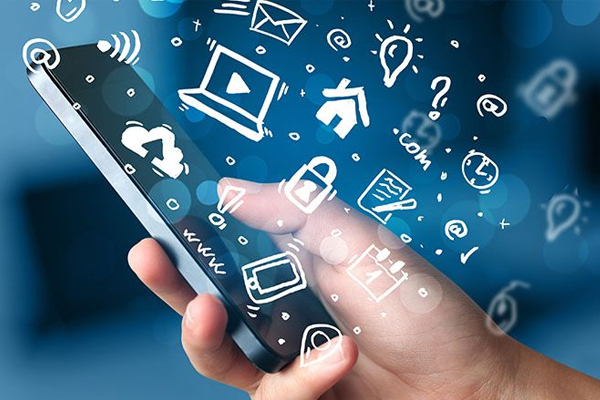A lot has been talked about 5G speed for mobile nowadays. Everybody is looking for the newest phones in order to use this technology. Everybody is looking for a phone plan network provider that can offer a 5G signal. But do you really know what 5G is or what it can do? Do you know the real difference between 5G and 4G/LTE?
We are going to tell you the essential information about it, so you can decide if you need a 5G connection and if it’s worth it to have it available on your device.

To begin with, you need to know what the G stands for. The “G” means generation. In this case, 5G means the Fifth generation of mobile networks. What about LTE? If you are wondering, LTE stands for Long-Term Evolution and it’s basically 4G technology.
What is important to understand is that you will see LTE and 5G working together since 5G is not a replacement for 4G.
In fact, LTE has a special role in creating 5G. The current 4G network control is used as a foundation to install the support for 5G. But of course, you have some benefits when you have 5G speed.
One of the most significant benefits is 5G fast reaction time. The time it takes for gadgets to reply to one another via wireless connection on 5G differs from all prior generations.
Recent 5G speeds, according to Verizon’s 5G home internet, frequently ranged from 300 Mb/s to 940 Mb/s, while AT&T alleges to have observed network speeds of around 1.2 Gb/s during late 2018.

4G LTE could theoretically attain download rates of up to 150Mbps and upload rates of up to 50Mbps. However, these statistics fluctuate depending on various factors: location, deployment, and traffic all affect speeds at any given moment. Realistic factors frequently lead to 4G LTE download and upload rates of 20Mbps and 10Mbps, respectively.
This can be a significant distinction between 4G and 5G in applications like gaming, in which most response speed influences the results. Also for self-driving cars if data is sent to the cloud, rapid judgments based on real-time information can assist in averting an accident.
The truth is even with the right device and provider for 5G, most of us will most of the time still rely on LTE. It will take a few years for 5G to be fully implemented, just like it took years for LTE to become a part of national connectivity.

In some scenarios, LTE and 5G combined can deliver the best features like what happened with EE in April 2022. They became the first European network to deliver 5G over seven LTE and 5G spectrum carriers combined to advance network capabilities. But, this integration still has a lot of challenges. At the customer end, the requirements include seamless handoff between 5G and 4G/LTE as people roam between coverage areas, despite the core network of 5G being very different from that of 4G/LTE.
That’s why not everyone will be automatically hopping on 5G. According to research from Ericsson, 4G LTE is still the dominant network in the world, accounting for 78% of regions in Western Europe, 80% in the Gulf countries, 83% in North East Asia, and 89% in North America.
5G is more accessible in metropolitan areas, outside these limits your phone will use LTE, even if you have a device with 5G capacity.

LTE will keep on filling in service gaps that 5G technology can’t reach.
5G and 4G/LTE are expected to co-exist for at least a decade since 5G doesn’t have the coverage to exist without the backbone of the 4G LTE network.
While the speed difference may be notable for companies and businesses, users of handheld devices may not be able to tell the difference between the two networks, 5G and LTE.
The expectation of 5G cannot always be guaranteed when it comes to reality. 5G’s download speeds, for example, are an extension of 4G’s original goals.
Just because 5G is rising, that doesn’t mean 4G has finished its evolution. LTE-A (Long-Term Evolution Advanced) has been developed promising a maximum speed of 1Gbps, though in reality will likely be comparable to lower 5G. There’s also LTE-Advanced Pro, which is even faster still.
Is 5G really essential for regular cellular users?

LTE has proved both reliable and stable enough to force many people to question whether they need to move on to 5G.
The fact is that 5G speed will be felt the most by people who run data-intensive applications. If you just use your devices to send texts and make calls you won’t see a lot of difference when comparing to 4G/LTE.
If you have good LTE coverage and a high-quality connection, there’s nothing to worry about. At the end of the day, it’s all about the service being delivered and not the technology itself.

